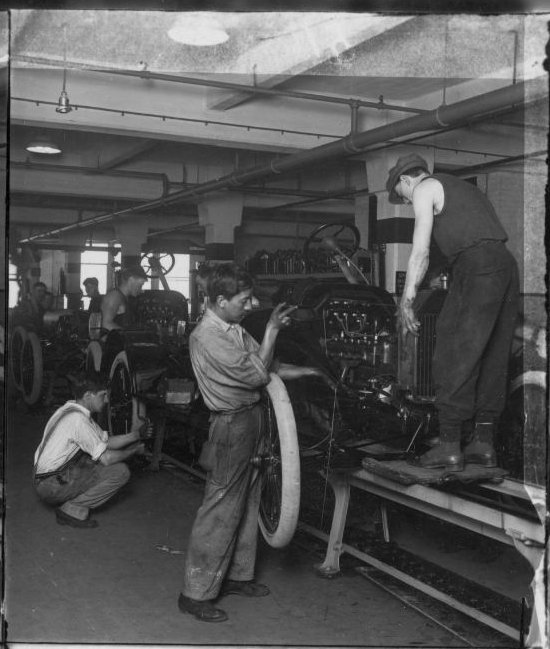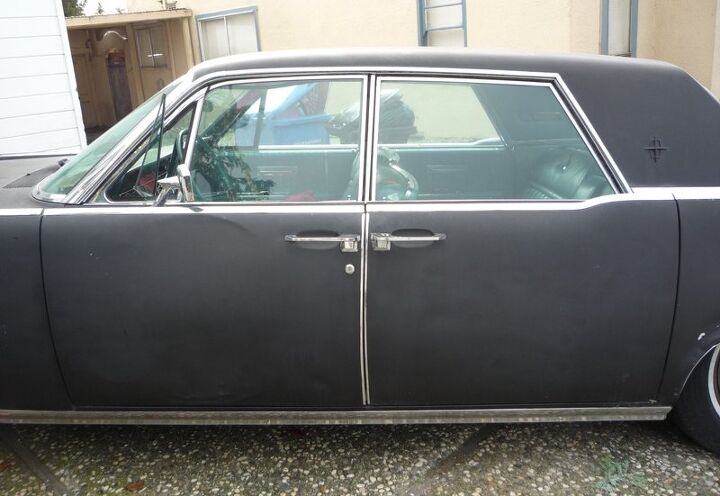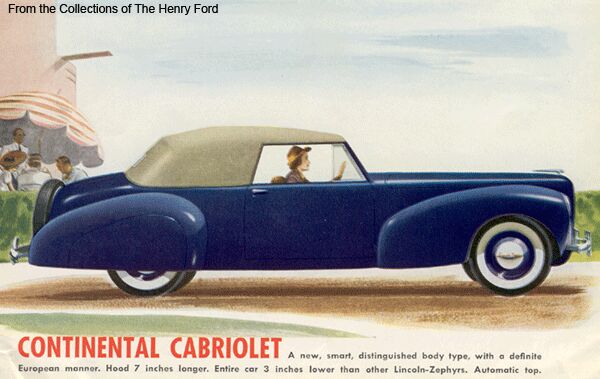#HenryLeland
This Day In Automotive History: Model T Assembly Line Starts For First Time – October 7, 1913
Regardless of what you may read elsewhere today, October 7, 1913 was not when the first automotive assembly line was started up. Yes, 100 years ago today, after some experimentation at the Piquette Ave. factory, and then tested with magneto assembly, Henry Ford’s lieutenants at his Highland Park factory for the first time started up a moving conveyor line for the assembly of complete Model T automobiles. Ford Motor Company, though, was not the first automobile manufacturer to use an assembly line process.
Note to Lincoln: If Your Heritage Really Means Something, Then Restore Henry Leland's Grave
2010 photo courtesy of Cars In Depth
Henry Leland is a man without an automotive country though he started both surviving American luxury automobile brands. He founded Cadillac from the economic ruins of Henry Ford’s second failed car company (the third time was a charm for Ford), having been brought in by Ford’s financiers to appraise the company’s assets for a planned liquidation. Leland ran Leland & Faulkner, Detroit’s premier machine shop. Instead of liquidating Ford’s assets he convinced them to build cars using an engine of his own design that he originally had planned on selling to Ransom Olds. That new car became the basis of Cadillac, later acquired by General Motors.
Curbside Classics Lincoln Fest: Doors To All Nine Parts Open Here
Lincoln: A Brief History Up To 1961
In honor of our greatest president’s birthday this Friday, it’s going to be Lincoln Week at Curbside Classic. We’ll start with a brief history of the brand to set us up for the sixties, when our featured cars begin.



















Recent Comments